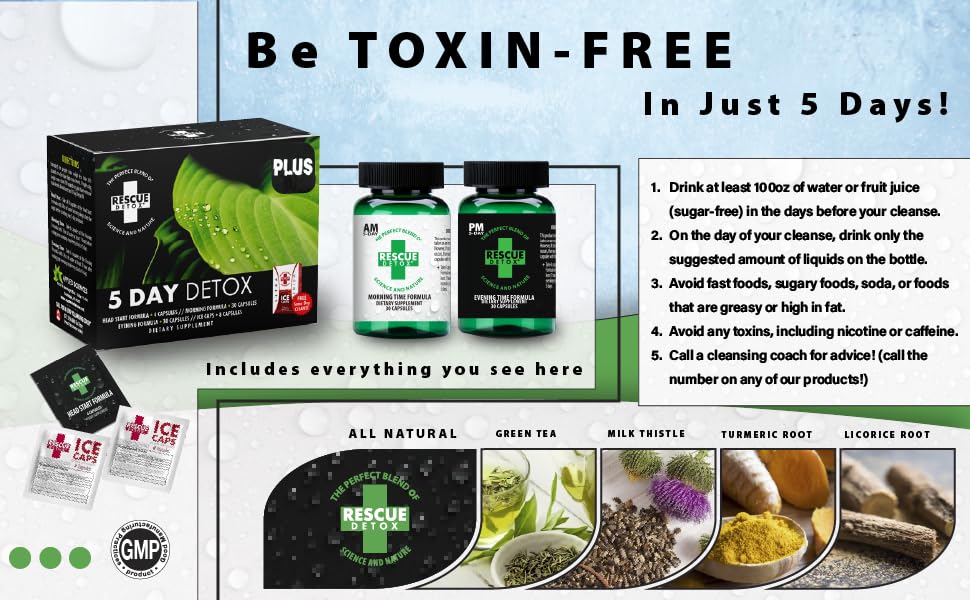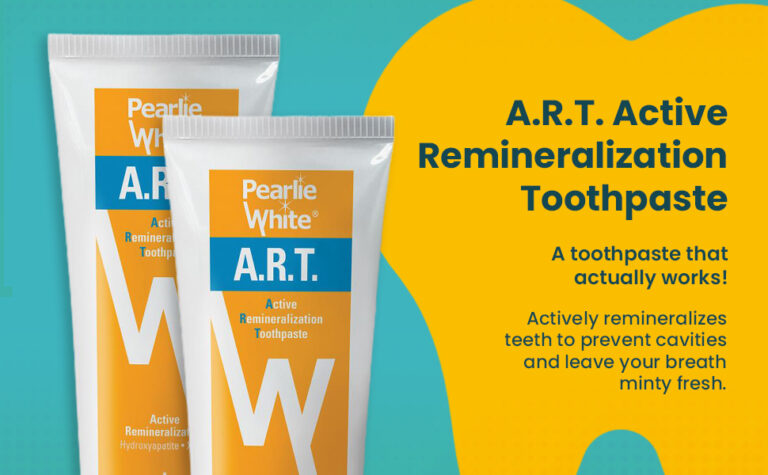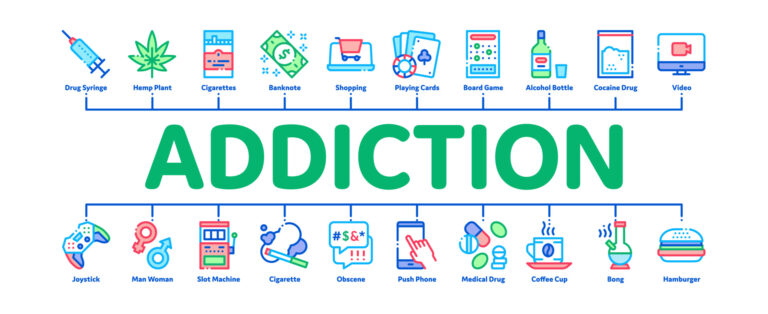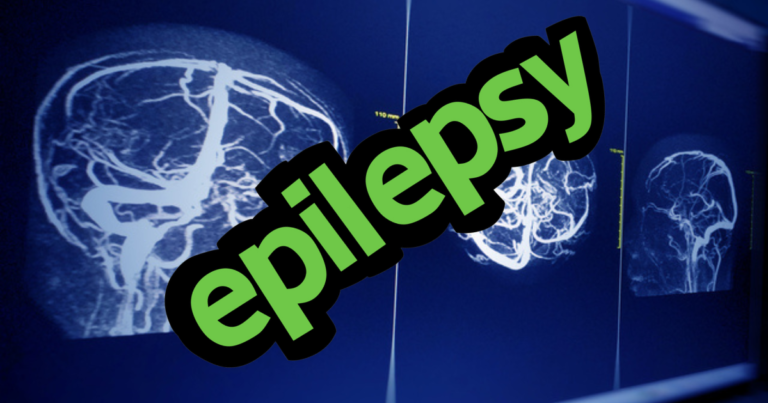Introduction
In the contemporary landscape of wellness trends, Detox diets and cleanses have become increasingly prominent, capturing the imagination of many individuals. The allure lies in the promise of a swift remedy for health-related issues, drawing people toward the prospect of a quick fix.
Exploring the efficacy of Detoxes requires a nuanced examination of their impact on health. While proponents argue that these regimens contribute to improved well-being by eliminating toxins and promoting internal cleansing, skeptics question the scientific validity of such assertions.

The debate hinges on whether detoxes are a legitimate means of enhancing health or merely fleeting solutions that lack enduring advantages.
The Detox Dilemma
Proponents often highlight the potential benefits of detox diets, emphasizing the removal of accumulated toxins from the body. Advocates argue that these toxins, which may result from environmental pollutants, processed foods, and various lifestyle factors, can contribute to a range of health issues.
Detoxes, according to this perspective, act as a reset button for the body, allowing it to expel harmful substances and recalibrate to a state of improved health.
Myth: Detox Diets Offer Long-Term Solutions
Detox diets are often marketed as transformative health solutions. Contrary to popular belief, these diets typically provide only short-term benefits. The idea that a brief detox can reset the body’s systems and lead to lasting improvements is a misconception.
Reality Check: Short-Term Fixes
Research consistently indicates that detox diets deliver temporary results at best. The body has built-in mechanisms, such as the liver and kidneys, to detoxify naturally. Relying on short-term dietary interventions often overlooks the body’s innate capabilities.
Understanding the Science of Detox
On the other hand, skeptics contend that the body possesses its own sophisticated mechanisms for detoxification, primarily through the liver and kidneys. They question whether external interventions, such as detox diets, are necessary for this natural process.
Furthermore, concerns are raised about the potential side effects of restrictive detox regimens, including nutritional deficiencies and disruptions to the body’s delicate balance.
Myth: Cleanses Eliminate Toxins
Detox regimens often claim to rid the body of harmful toxins. However, the definition of “toxins” in this context is vague, and the mechanisms by which these cleanses supposedly work lack scientific support.
Reality Check: Natural Detoxification Processes
The human body has evolved to efficiently eliminate toxins without the need for extreme diets. Vital organs like the liver excel at processing and removing harmful substances. A balanced, nutritious diet supports these natural detoxification processes.
Debunking Detox Diet Claims
In the pursuit of optimal health, it becomes essential to discern between wellness trends that offer genuine, sustainable benefits and those that provide only fleeting solutions.
Critical evaluation of the scientific evidence supporting Detoxes is paramount, as it enables individuals to make informed decisions about incorporating such practices into their lifestyle.
As the discourse on health and wellness continues to evolve, a balanced and evidence-based approach ensures that individuals navigate the myriad trends with a clear understanding of their potential impact on overall well-being.
Myth: Weight Loss Guaranteed Using Detox
Detox diets frequently boast rapid weight loss as a key benefit. While some initial weight loss may occur, it is primarily due to water loss and not sustainable fat reduction.
Reality Check: Sustainable Weight Management
Healthy weight management involves a combination of a balanced diet, regular exercise, and lifestyle choices. Relying solely on detox diets for weight loss is neither practical nor maintainable in the long run.
Expert Insights Detox
In the realm of health and wellness, navigating through detox myths requires expert insights to distinguish fact from fiction. Many misconceptions surround the concept of detoxification, and it’s crucial to debunk these myths for a clearer understanding.
One prevalent myth suggests that extreme and restrictive diets are necessary for an effective detox. However, experts emphasize that sustainable, balanced nutrition is key to supporting the body’s natural detox processes.
Another common misconception revolves around the idea that detox is solely about weight loss. Contrary to this belief, detoxification primarily focuses on eliminating toxins from the body and promoting overall well-being.
Myth: One-Size-Fits-All Detox Plans
Detox programs often follow a generic approach, assuming that what works for one person will work for everyone. However, individual differences in health, metabolism, and nutritional needs are considerable factors.
Reality Check: Personalized Health Strategies
Health is a deeply individualized journey. Personalized nutrition and lifestyle choices tailored to an individual’s unique requirements are crucial for sustainable well-being.
Natural Detoxification using Detox Diet
Furthermore, the notion that detox requires radical lifestyle changes is misleading. Experts suggest that incorporating small, consistent habits into daily life, such as staying hydrated, consuming nutrient-rich foods, and engaging in regular physical activity, can contribute significantly to the body’s detoxification mechanisms.
It’s essential to dispel the myth that quick-fix detoxification products guarantee optimal results. In reality, a holistic approach, encompassing lifestyle modifications and a commitment to long-term well-being, is more effective.
Additionally, expert insights underscore the significance of understanding individual health needs when considering a Diet mode. What works for one person may not be suitable for another, emphasizing the importance of personalized approaches.
Seeking professional guidance and staying informed about evidence-based practices are crucial steps in separating detox facts from fiction. As we delve into the realm of health, embracing expert insights dismantles detox myths, paving the way for a more informed and sustainable approach to well-being.
Conclusion
In conclusion, the hype around detox diets and cleanses often overshadows the scientific reality. Sustainable health is not achieved through quick fixes but through consistent, evidence-based lifestyle choices.
Understanding the body’s natural detoxification processes and adopting a holistic approach to well-being is key to long-term vitality. It’s time to dispel the myths and embrace a balanced, personalized approach to health.
Frequently Asked Questions
Q1. What is a detox diet, and how does it work?
A detox diet is a short-term dietary regimen designed to eliminate toxins from the body and promote overall health and well-being.
These diets typically involve consuming specific foods and beverages believed to support the body’s natural detoxification processes, such as fruits, vegetables, herbal teas, and water. Some detox diets may also include fasting or the use of supplements to aid detoxification.
Q2. Are detox diets effective for weight loss?
While detox diets may lead to short-term weight loss due to their restrictive nature and emphasis on low-calorie foods, any weight loss is likely to be temporary.
Much of the initial weight loss observed on a detox diet is due to water weight and loss of glycogen stores, rather than fat loss. Once normal eating patterns are resumed, weight typically returns.
Q3. What are some common misconceptions about detox diets?
One common misconception about detox diets is that they can “cleanse” the body of toxins and improve overall health. In reality, the body has its own sophisticated detoxification systems, primarily involving the liver, kidneys, and digestive tract.
While certain foods and lifestyle practices may support these natural detox processes, there is limited scientific evidence to support the effectiveness of detox diets in removing toxins from the body.
Q4. Are there any potential risks or side effects associated with detox diets?
Detox diets can be restrictive and may lead to nutrient deficiencies if followed for an extended period.
Additionally, rapid weight loss and fluctuations in blood sugar levels associated with detox diets can cause fatigue, dizziness, headaches, and digestive issues.
Some detox diets may also lack essential nutrients like protein, fat, and fiber, which are necessary for overall health and well-being.
Q5. Is there a healthier alternative to detox diets for promoting overall health and well-being?
Instead of following a strict detox diet, focusing on adopting a balanced and sustainable approach to eating is key for long-term health and well-being.
This involves consuming a variety of nutrient-dense foods, staying hydrated, and incorporating regular physical activity into your routine.
Prioritizing whole, unprocessed foods like fruits, vegetables, whole grains, lean proteins, and healthy fats can support the body’s natural detoxification processes and promote overall health without the need for extreme dietary measures.







